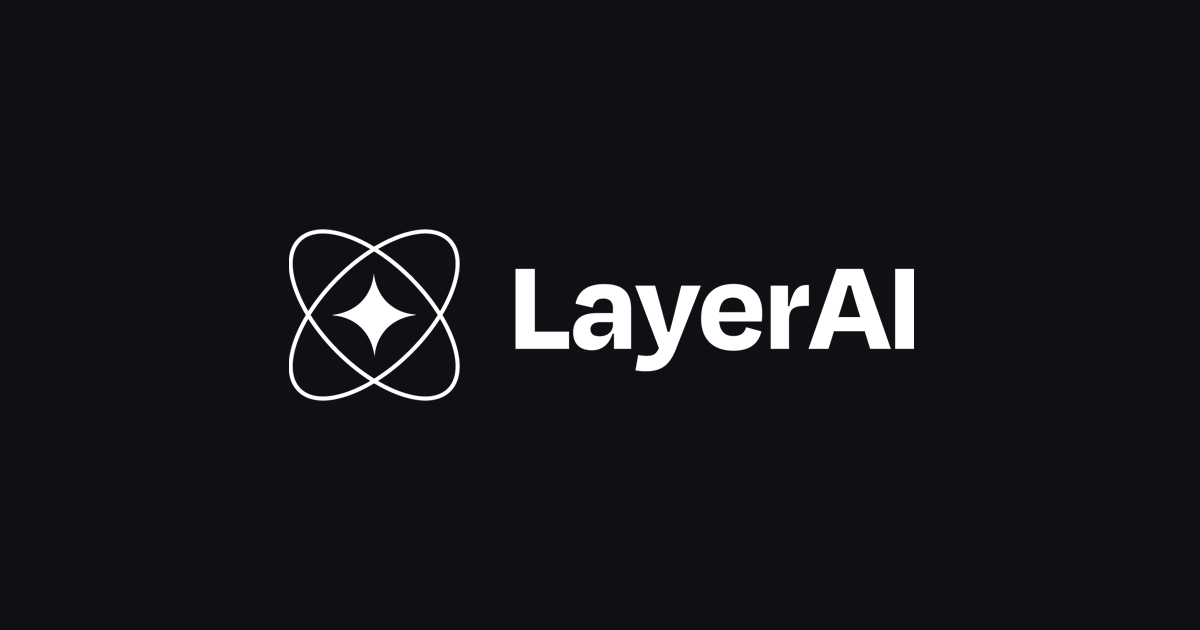
AI copilots have become a growing trend as the generative AI boom enters its first-year anniversary since the launch of OpenAI’s ChatGPT in November 2022. However, the question remains: How effective and reliable are these copilots for end-users, with companies like Microsoft and recruiting software iCIMS also entering this space?
Layer, a startup based in Columbus, Ohio, aims to assist other enterprises, especially small and medium-sized businesses (SMEs), in integrating highly reliable copilots into their software. These copilots are designed to be so valuable that users can’t imagine using the software without them. Layer’s approach focuses on ensuring reliability and minimizing AI hallucinations, which can generate inaccurate, harmful, or unwanted information.
The company has secured a significant investment, announcing a $3 million seed round led by Drive Capital, with participation from Resolute Ventures, Detroit Venture Partners, Alumni Ventures, Expansion Venture Capital, and various other funds and angel investors.
Layer’s co-founder and CEO, Jonah Katz, describes a copilot as a personal assistant for end-users, allowing them to interact with a platform using plain language commands, without the need for complex user actions like clicking and dragging buttons on the screen. This approach aims to expand on the AI copilot trend by making it accessible to businesses of all sizes and their end-users, transforming how people interact with software.
In a blog post, Katz emphasized that a copilot should be able to perform tasks on the platform, often faster than a user, and should handle any action a user can do.
One of the core challenges in building copilots is reliability, particularly concerning the propensity of large language models (LLMs) to generate inaccurate or undesirable content. To address this, Layer has developed a system where its AI copilot platform analyzes the documentation of a client’s software to determine appropriate actions based on a client-defined ruleset. If the path is invalid, the system either re-generates the path or follows a developer-chosen fallback procedure to inform the user.
Initially targeting the financial services sector, Layer envisions a future where almost any SME relying on software can benefit from its LLM copilot infrastructure. Their technology is designed to be broadly applicable across different platforms, making it accessible to a wide range of companies with software-based operations.
For instance, Katz mentioned his personal experience using ZoomInfo for business leads and how the repetitive and tedious tasks could be automated with a smart AI copilot. With the copilot, users could issue natural language commands to perform complex tasks, eliminating the need for manual, time-consuming actions.
With their recent seed funding, Layer plans to expand its team and further develop its platform, bringing the benefits of AI copilots to a wider range of businesses.
